Here are some specific ways to help foster empathy in your kids:
- Encourage Emotion Naming: As simple as it sounds, it is crucial for individuals to be able to recognize and label their own emotions before they can meaningfully recognize the emotional experience of another. There are kids, teens, and adults who benefit greatly from enhancing their emotional vocabulary. With your kids, be sure to teach them about various feelings, discuss your feelings with them, and challenge them to use their own words to articulate another’s potential feelings given their life circumstances (even feel free to use characters from stories/books/shows).
- Encourage Perspective-Taking: Help your child see things from another’s point of view by talking about other people’s circumstances and, together, trying to imagine how those people might be feeling given the situations they are in. For example, “Jodi had to cancel her birthday party since she has the flu. How do you think she feels about that?,” or, “Brian’s mom let him download Instagram, and one week later his anxiety levels were through the roof!...can you understand why I am afraid you will have a similar experience if I allow you to download it?”
- Validate, Validate, Validate: If your child is able to express a feeling they are experiencing, do your best to respond in a way that validates their feelings. Remember: you do not need to agree with someone to validate them! Validating someone is simply expressing that, given the circumstances they are in, it makes sense that they feel the way they feel. You can do this by saying things like, “So it sounds like your friend wouldn’t play with you, and now you feel angry about it. It makes sense that you would feel that way!” or, “I am hearing you say you think your little brother gets more attention than you, and that this thought makes you feel jealous. I believe you when you say that you are feeling jealous. That is such a hard feeling to have.”
- Model Empathic Behavior: Children learn in many ways, one of them being through observation. If we as parents can practice empathy in our daily interactions with others, our kids will pick up on these demonstrations and, through sheer osmosis, begin to mimic empathic behaviors. Examples include comforting a sad friend or showing kindness to a stranger.
- Do Activities Together that Promote an Empathic Way of Relating to Others: Examples include role-playing games, discussions of moral dilemmas and the various perspectives people may take, and/or volunteering together as a family while discussing how empathy can get transformed into action.
- Discuss the Impact of Actions: Help your child build empathy by helping them understand how their actions affect others. When they behave in ways that hurt or upset others, discuss the consequences and encourage them to consider how they might feel in a similar situation. This type of reflection emphasizes the sense of responsibility we should develop around the way we choose to treat others, which translates directly into increased empathy.
Celebrate the Wins with Your Goodtimer!
Remember…whenever your child exhibits an increased understanding of/expression of empathy, you must acknowledge their behavior using positive reinforcement! This increases the likelihood that the behavior will repeat itself in the future. Of course, our favorite tool for positive reinforcement is the Goodtimer, which encourages them to continue striving for “wins.” Verbal praise is also highly effective, e.g., saying things like, “I’m proud of you for helping your friend when they were sad,” or “It was kind of you to share that toy with your sibling.” Helping your kid build empathy is a gradual process that requires patience, understanding, and consistent effort. Wishing you and your child luck as they learn to recognize and label their own emotions and the emotions of others’.
Watch the Video:


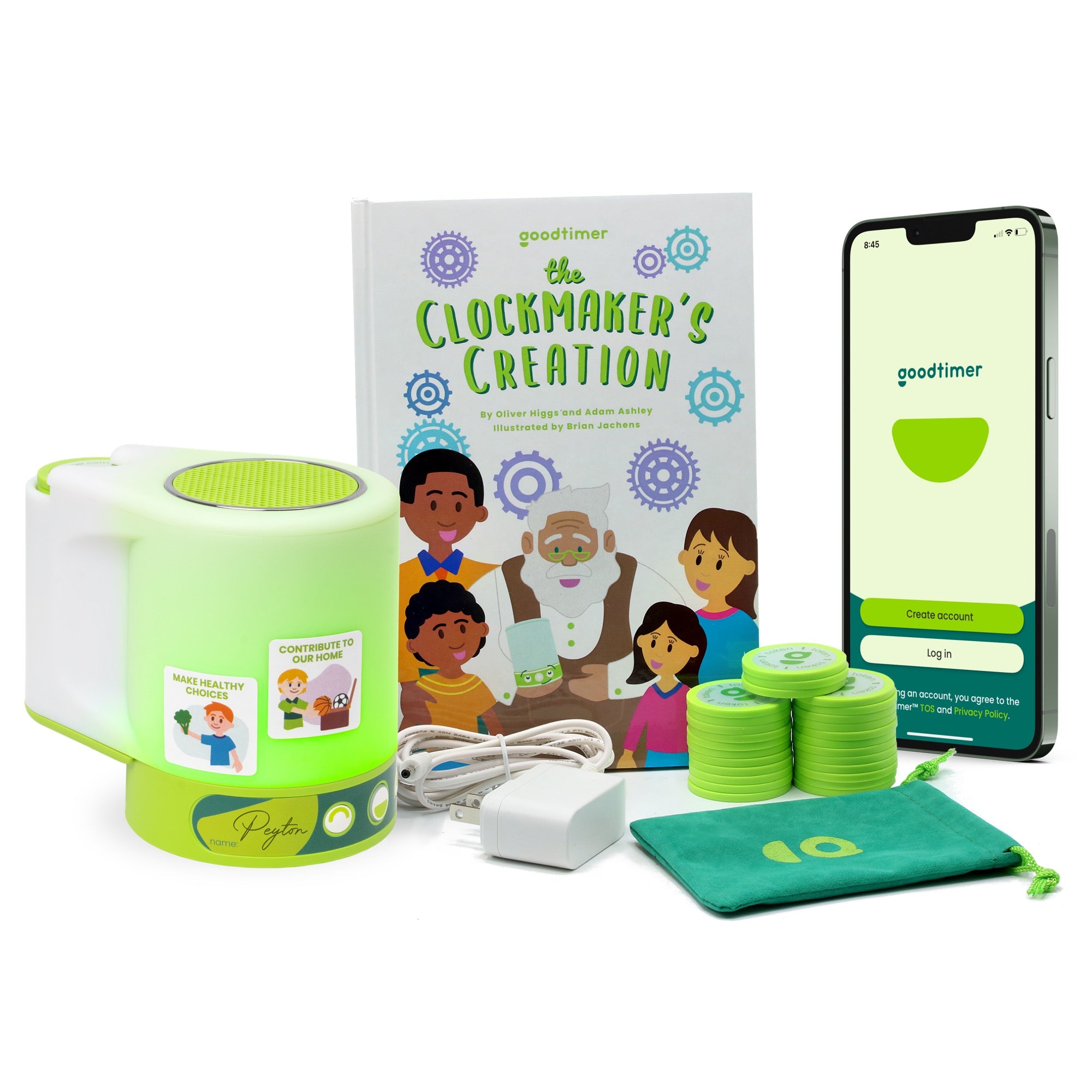
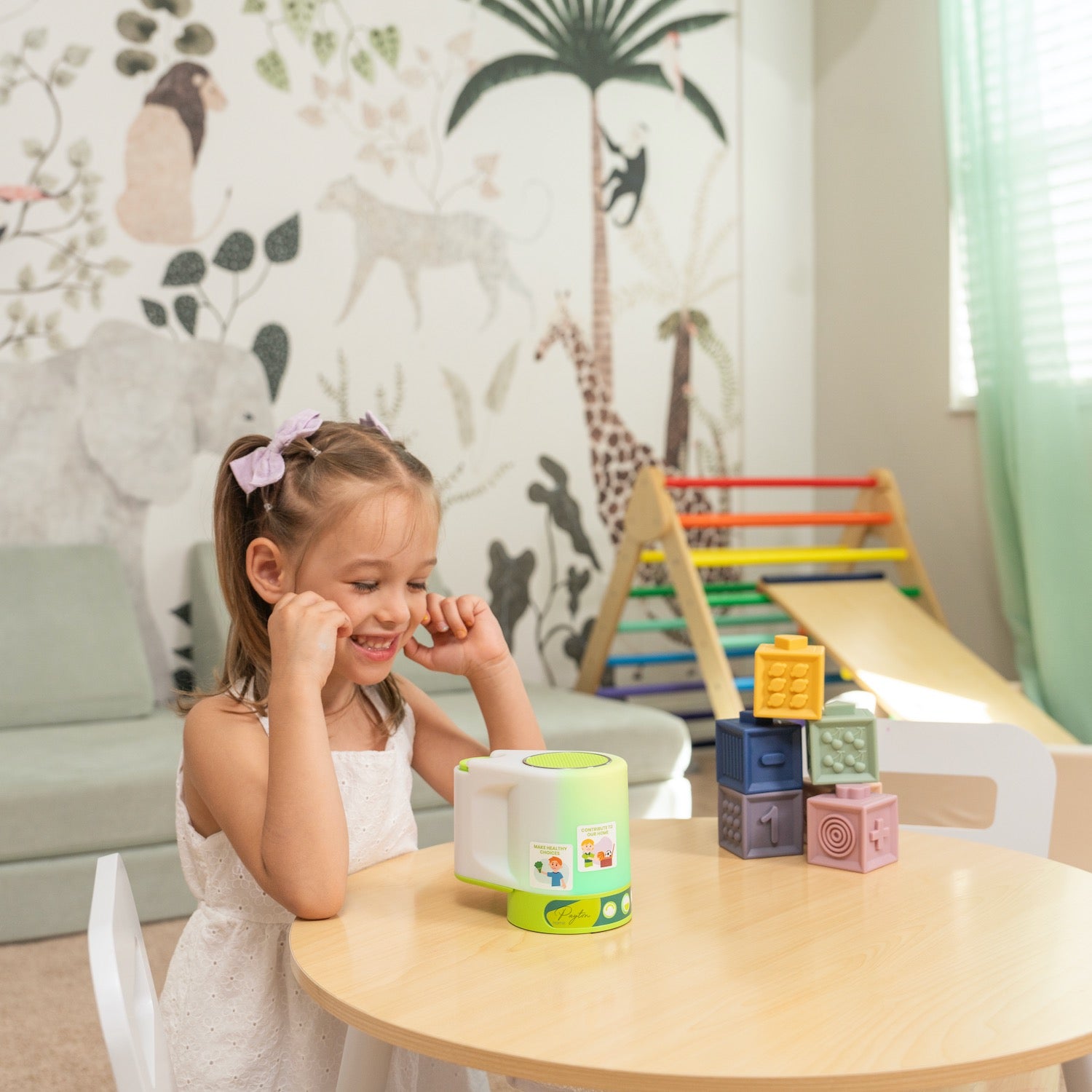
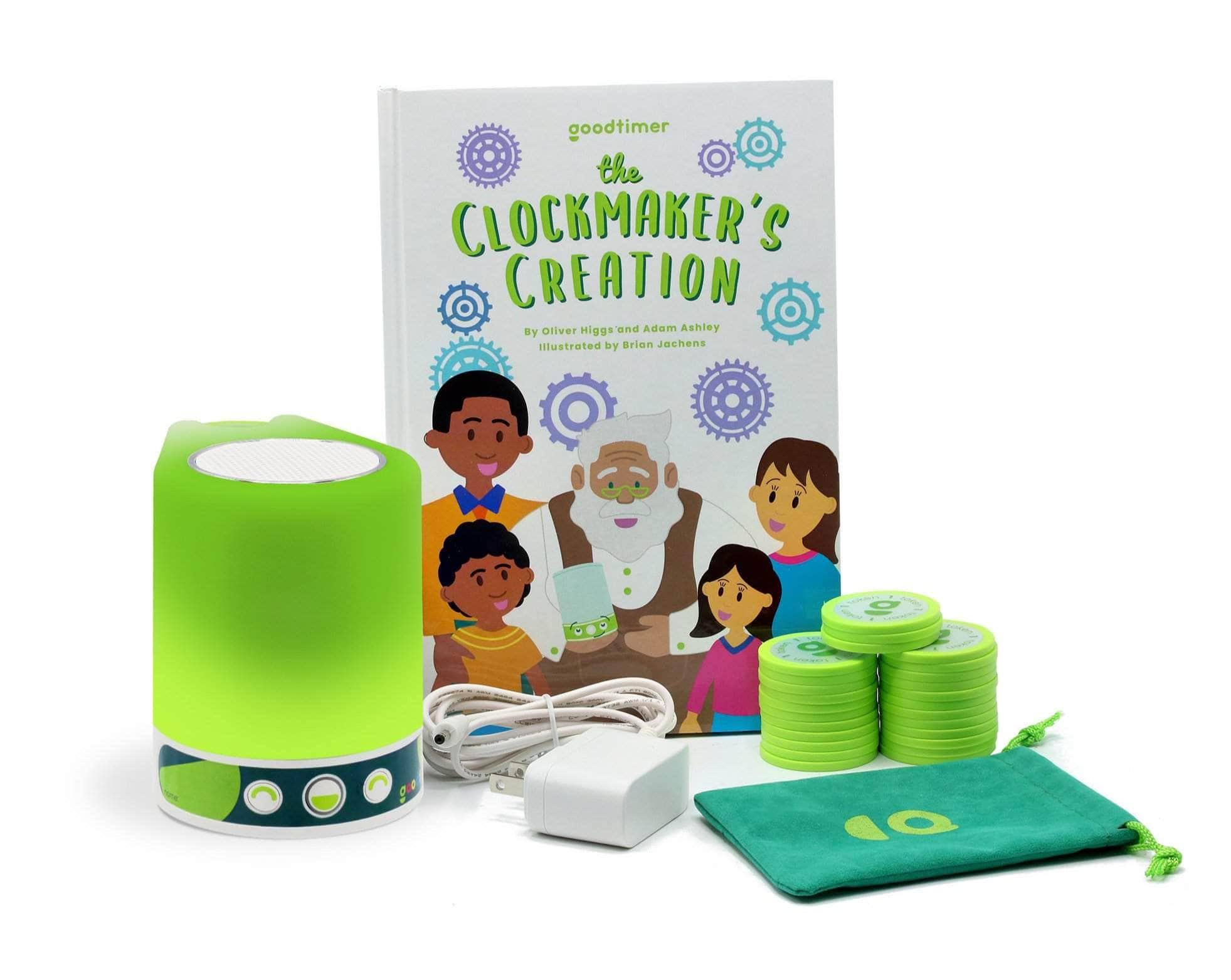

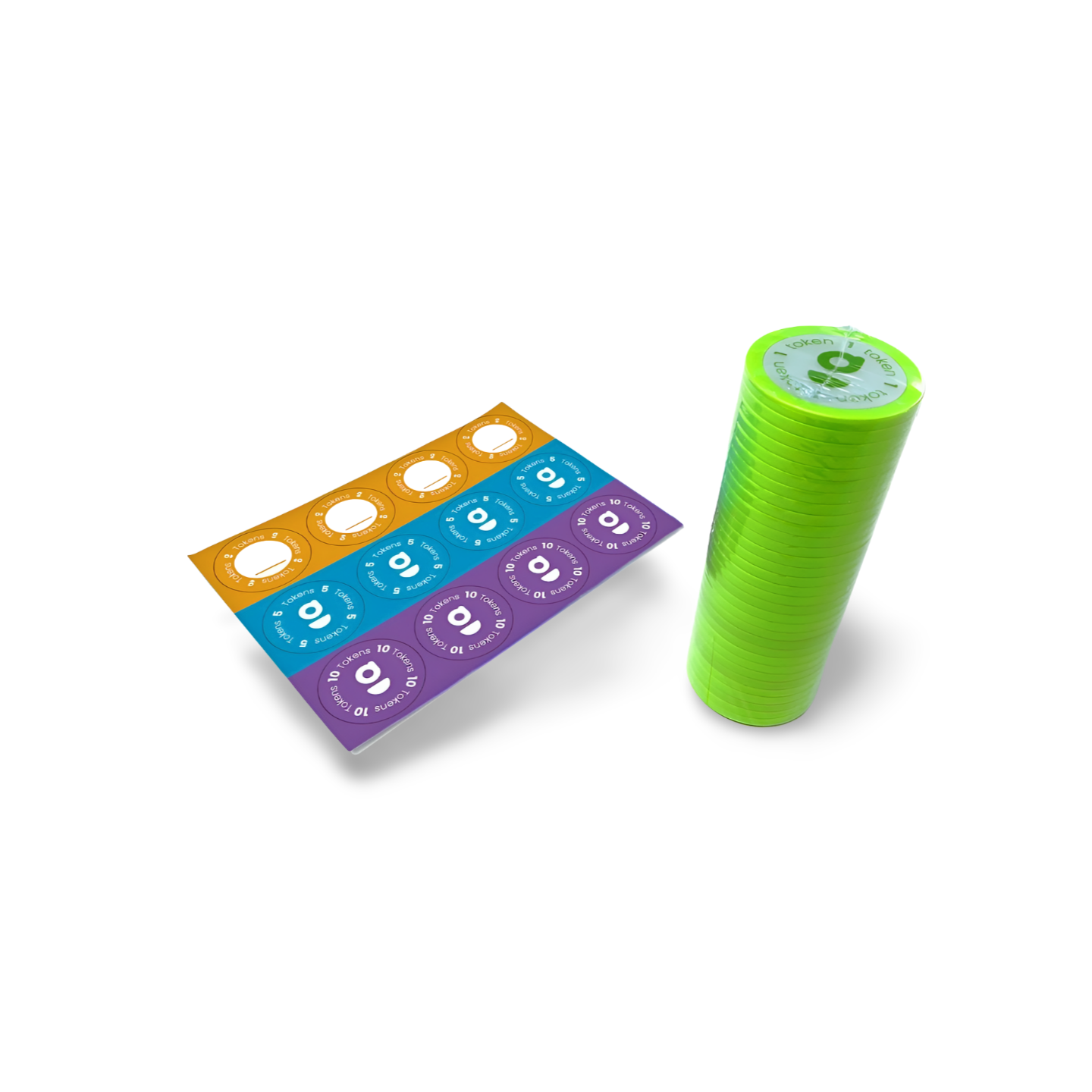
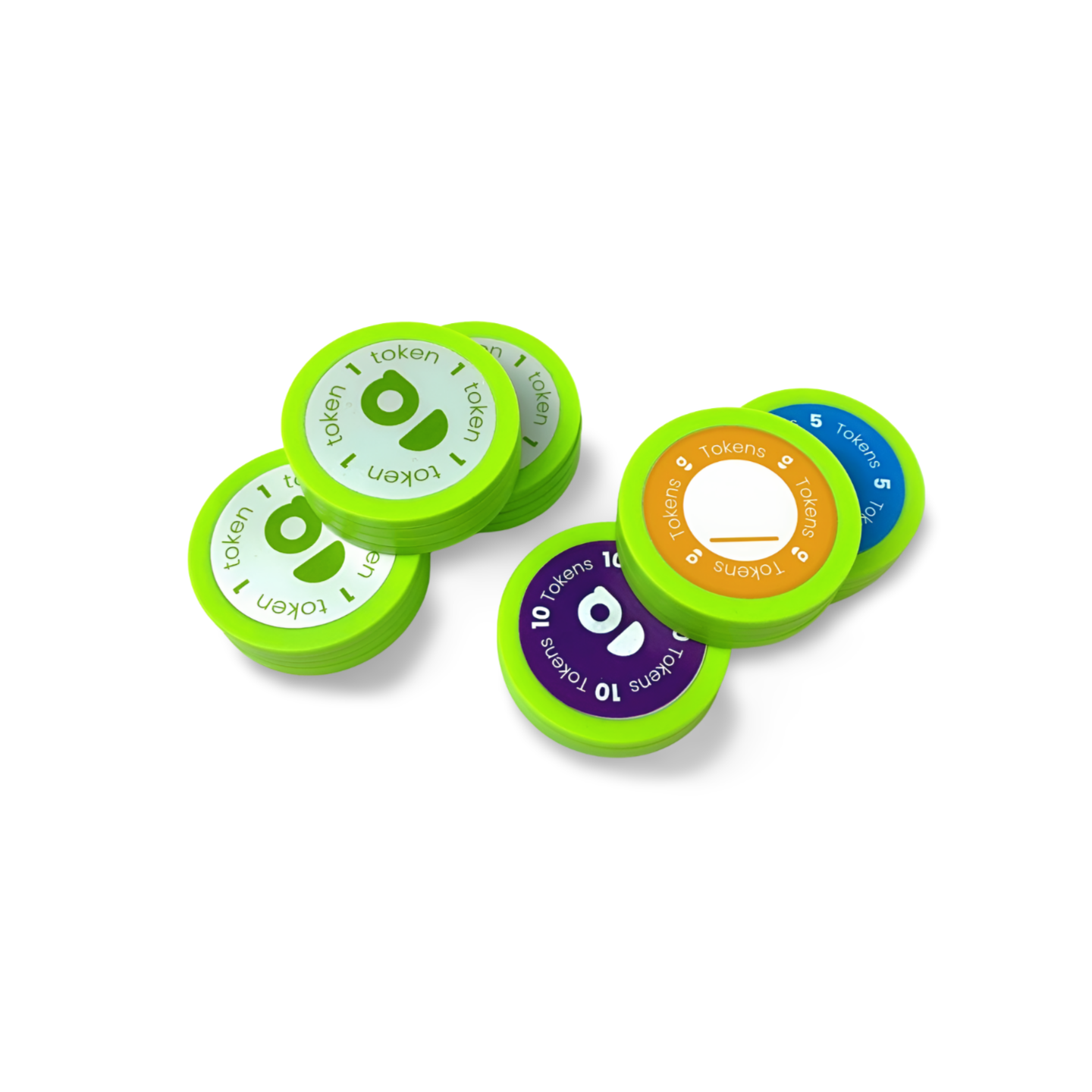

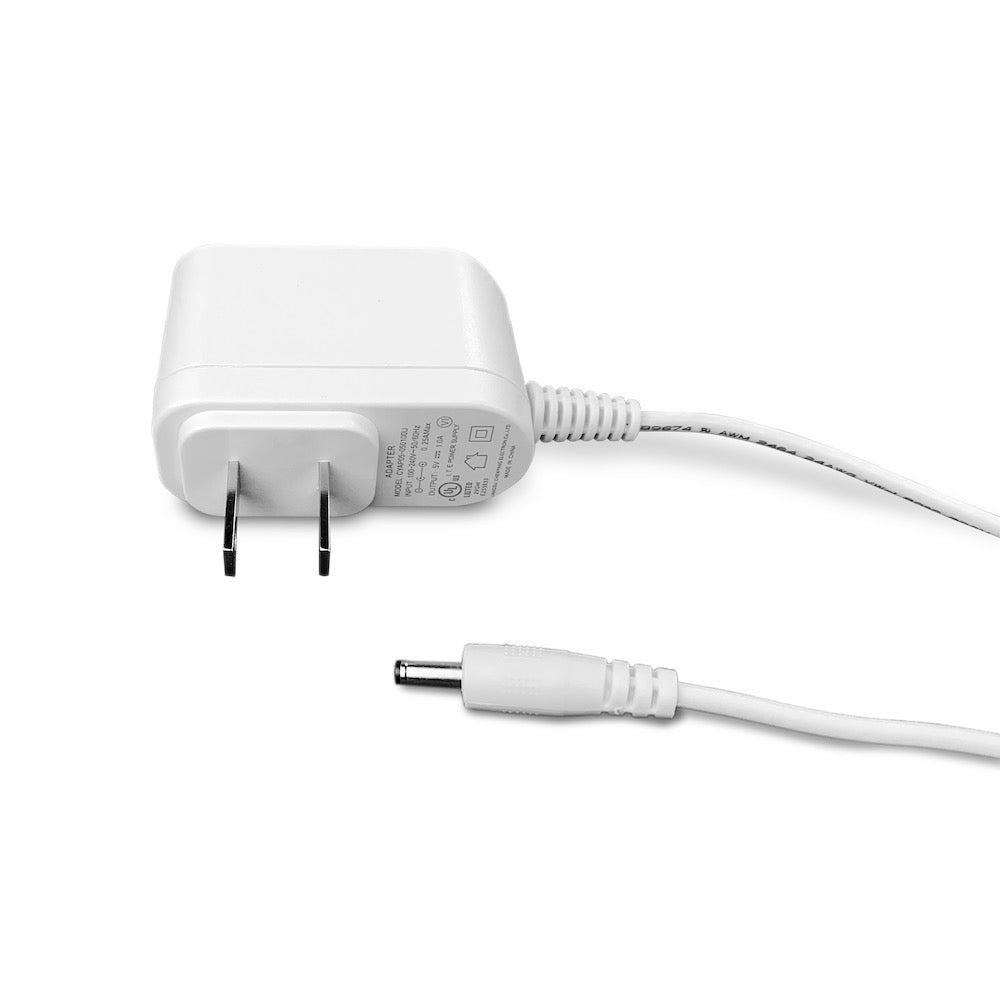
Leave a comment